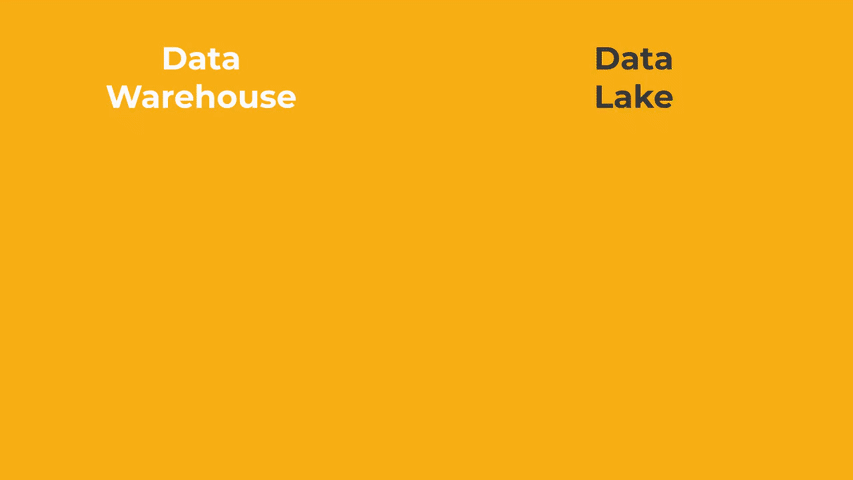2 min read
Why Customer Experience Is Becoming the Ultimate Competitive Edge
Products can be replaced, prices can be compared, but experiences last. In the chapter “Customer...
By Rosina Germanova on 13.10.2021

5 min read
If you want to get involved in data analytics, data management and artificial intelligence, the first thing you have to do is make sure your data is consolidated. However, this is a challenge for many companies.
Content:
A data warehouse (DWH) helps companies consolidate data from different sources, manage it and process it as needed. This is also known as a "single source of truth", i.e. a source that contains all necessary and current information.
The concept is not new; developments that met similar needs existed in as early as the mid-1980s, for example, under the term "information warehouse".
Integrated - Data that comes together from different sources and with different structures is stored uniformly.
Chronological - Historical data or data history also plays a role in the data warehouse, for example, to compare different time periods in reports.
Permanent - Data is not stored temporarily, but permanently.
Topic-oriented - Data is selected according to specific data objects that are relevant for the evaluation.
(Source: Wikipedia)
Read how the charity Diakonie RWL managed a 360° view on its members and introduced a association management system with the help of a data warehouse.
Data warehouses are often mentioned in the same sentence as data lakes. Although both go together in many applications, they differ widely in function and setup.
The only similarity between a data warehouse and a data lake is that both can store huge amounts of data. Whether the data lake or data warehouse is suitable for an organization depends heavily on the intended use.

Uses: science, education, transportation, forecasting (predictive analytics), machine learning, use in areas where data is generally collected in an unstructured way more often (e.g., in the health care sector)
Uses: reports, financials, business applications, market analysis, evaluation of customer/user behavior, integration with other systems (CRM, data visualization, business intelligence)
Sources: talend "Data Lake vs. Data Warehouse" / Kleyman, Bill (2018) "The Many Use-Cases of A Data Warehouse" / Sulmont, Lis (2020) "Data Lakes vs. Data Warehouses"
A major advantage of modern data warehouse offerings is the provision of cloud-based services. Cloud computing, especially as a service, can save infrastructure costs, enable scaling, and offer more transparent pricing structures. In addition, the service is the same regardless of the user location. Especially companies that operate internationally can benefit from cloud-based solutions to make access to the necessary functions easier, no matter the location.
When selecting a data warehouse, it is always important to consider which data formats are currently being used, as not every warehouse can process all formats. A successful link with the systems is also necessary. Especially with older systems, this should be checked to guarantee that the data input is successful.
In addition, data protection principles play an important role, especially in Europe. From data encryption to anonymization, there are various factors that (could) play a role for companies to store their data according to the given requirements.
Find out more about the trends that can shape your digital transformation by subscribing to the DIGITALL Galaxy Blog.
Rosina Germanova is a senior consultant in the field of business intelligence. She has over five years of professional experience and has the necessary toolbox to bring data to life and create valuable knowledge.
by Sabine Kirchem
Products can be replaced, prices can be compared, but experiences last. In the chapter “Customer...
by Sabine Kirchem
Customer Relationship Management (CRM) is no longer just a technical discipline but revolves around...
by Sabine Kirchem
There's loads of data out there – but are we truly utilizing it? And more importantly, are we using...